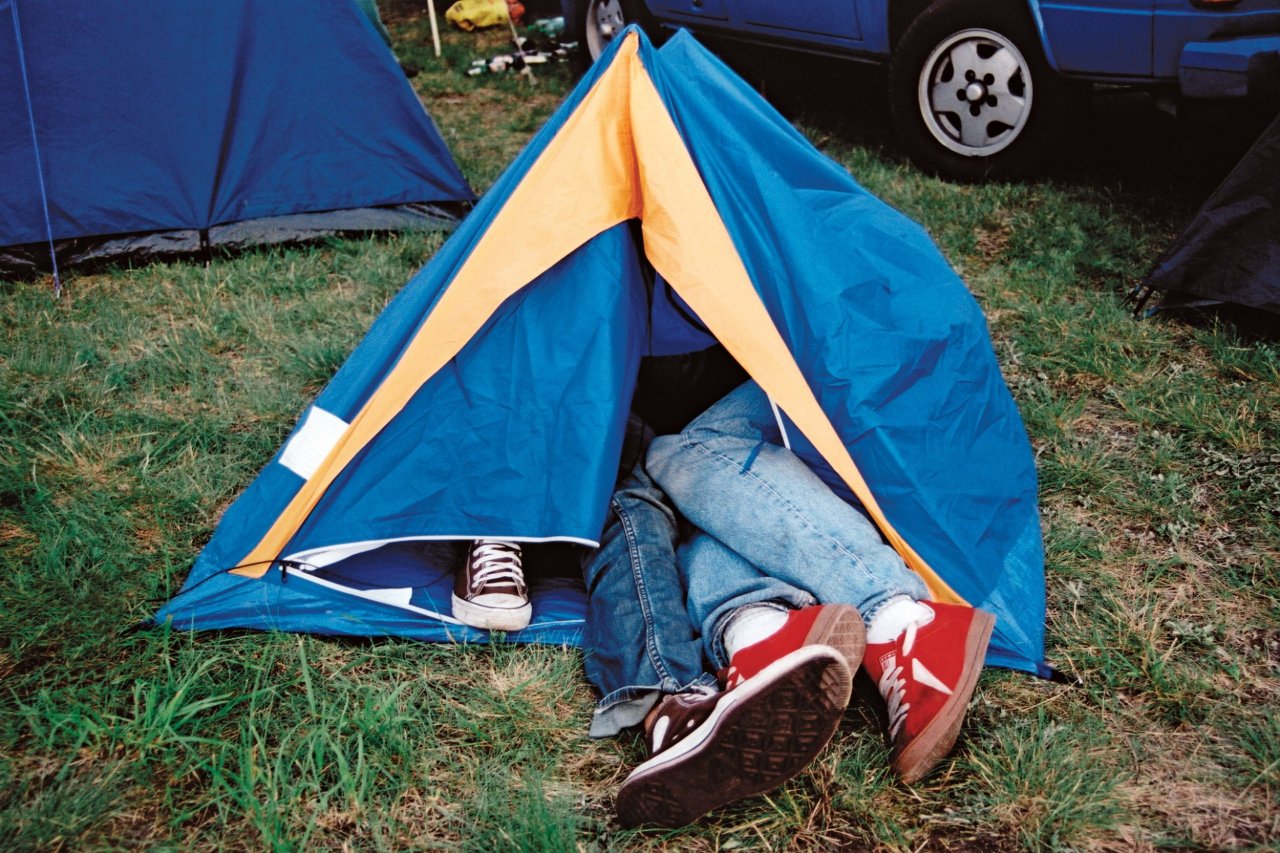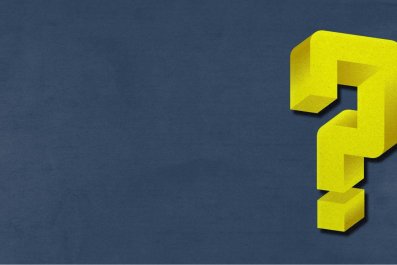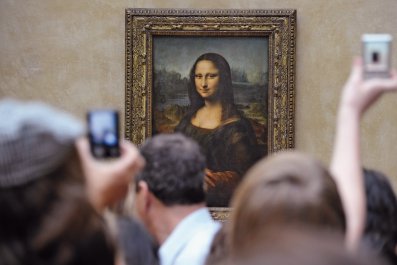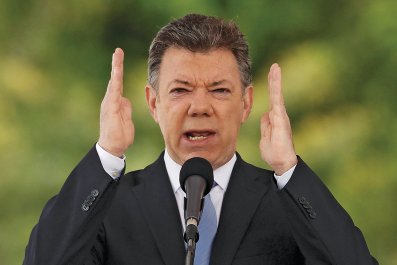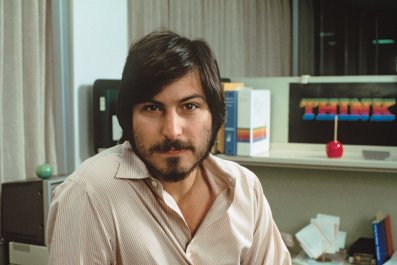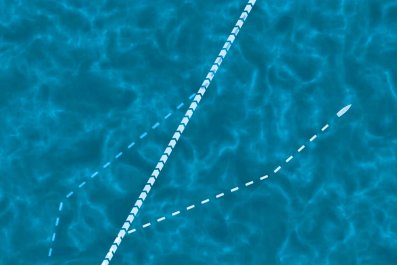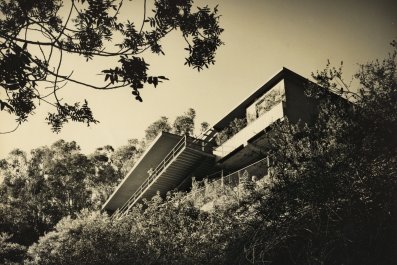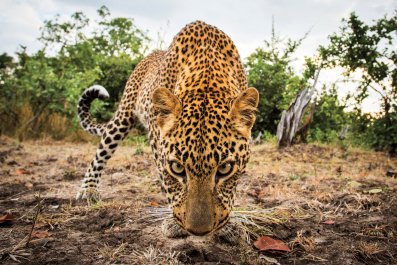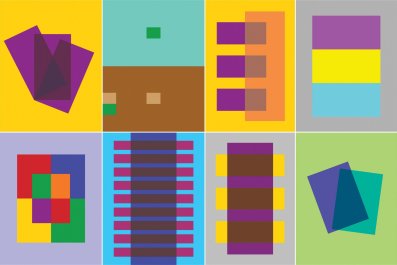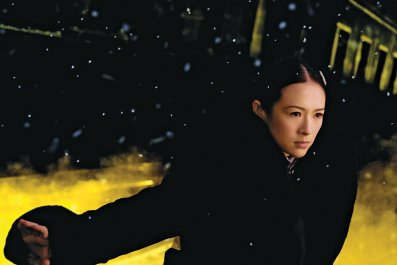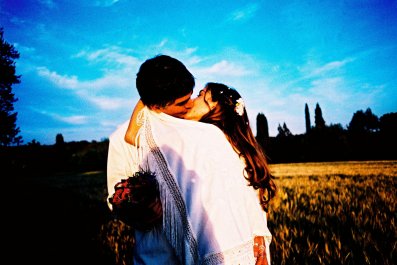Can't sleep? Try camping under the sun and stars for a couple of weeks. A recent paper by University of Colorado professor Kenneth Wright and colleagues in the journal Current Biology argues that lack of sunlight during the day and exposure to electric lights at night throw our internal biological clocks way off their natural cycles. We stay up much later, rest less well, and remain half-asleep for the first few hours after we crawl out of bed in the morning.
Researchers determined this by tracking the amount of melatonin in several volunteers. Levels of the hormone are supposed to be high when you go to sleep and low when you wake up naturally. During the volunteers' normal routines it turned out the melatonin levels remained high well into the morning, indicating their internal clocks were off by about two hours. Then the researchers took their subjects on a camping trip. In every case, their sleep cycles synchronized with the setting and the rising of the sun. "Everyone's clock shifted," Wright told the BBC, "but those later night owls shifted to an even greater extent." They slept the same amount of time, they just got more and better rest out of the experience.



